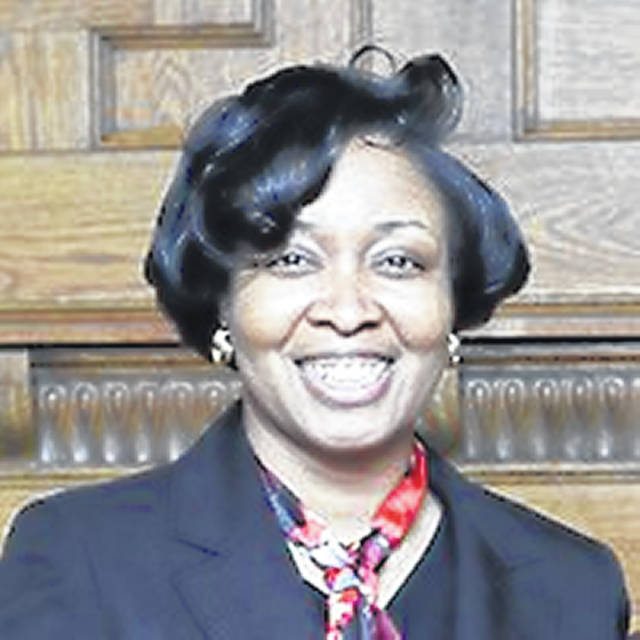Juneteenth has now been a federal holiday for one year, and as celebrations are underway, I have been thinking about the third verse from James Weldon Johnson’s “Lift Every Voice and Sing,” which says:
“God of our weary years
God of our silent tears
Thou who has brought us thus far on the way
Thou who has by Thy might Led us into the light
Keep us forever in the path, we pray.”
Historically known as “The Negro National Anthem,” I remember singing this in church for Black history programs during my childhood. The congregation always sang with a powerful crescendo when we got to the third verse.
I reminisce on it now with Juneteenth being observed because learning about the horrors of slavery through a Biblical perspective left an indelible impression on me growing up. What I learned in school regarding this wicked and sinful institution was complemented by a Christ-centered focus that steadfast faith and unwavering prayers to God from our enslaved ancestors brought about a powerful deliverance.
Juneteenth, which acknowledges that Union Gen. Gordon Granger arrived in Galveston, Texas, to inform slaves that they were free on June 19, 1865, is a testament of what Johnson also wrote as coming “to the place for which our fathers sighed.”
I became more knowledgeable about Juneteenth when I got to graduate school at Ohio State University during the early 1990s, but I did not give considerable thought to it becoming a future national holiday, since MLK Day was not quite a decade old at this time. However, as I was learning more about the lives of former slaves who fought tirelessly for freedom in America in my elective Black Studies courses, I was always drawn to the strength of their faith upon further reading and study.
Considering well-known historical figures such as Harriet Tubman, Nat Turner and Sojourner Truth, many of their famous quotes exemplify that they were holding on to God with all their might while facing the vile oppression of slavery.
Tubman, who led courageous missions through the Underground Railroad for 10 years and “never lost a passenger,” said, “I prayed to God to make me strong and able to fight, and that’s what I’ve always prayed for ever since.”
Turner, an enslaved preacher who led a rebellion in Southampton County, Virginia, in 1831, mentioned devoting his time to fasting and prayer and being fascinated with seeking the Kingdom of heaven.
Truth, a former slave who became a women’s rights activist and abolitionist, envisioned a nation where we would be “civil and peaceable,” saying, “Let … individuals make the most of what God has given them, have their neighbors do the same, and then do all they can to serve each other.”
Another former slave preacher that I am currently reading more about whose life also reflected the devout faith of Tubman, Turner and Truth in the struggle for freedom is John Jasper. Jasper was born in 1812 on the Peachy Plantation in Williamsburg, Virginia, and was the youngest of 24 siblings. You could say that Jasper took up the mantle of ministry from his father, who passed away before he was born.
One of the most notable things about Jasper’s life as a minister is that he preached to Confederate soldiers during the Civil War before he was emancipated. He had the compassion and the fearlessness to step into the “enemy’s camp” and still share the gospel of Christ with men who were fighting to keep him in bondage. With slavery on the cusp of ending, Jasper, who Ralph Ellison said was one of the most “eloquent and heroic Negroes,” no doubt felt unspeakable joy that his liberation was near.
Along with Tubman and Truth, Jasper lived to witness the passage of the 13th Amendment abolishing slavery, which was ratified almost six months after Juneteenth’s documented date. Turner died a gruesome death believing in this promise of freedom.
So, in commemorating the liberty of the Galveston slaves 157 years ago this month, I will also continue to reflect on how it came about through the persistent faith of a people who truly trusted in our nation’s principled ideals of equality for all. We have come, as Johnson wrote, “treading our path through the blood of the slaughtered,” but “out from the gloomy past” we are standing at last “where the white gleam of our bright star is cast.”







